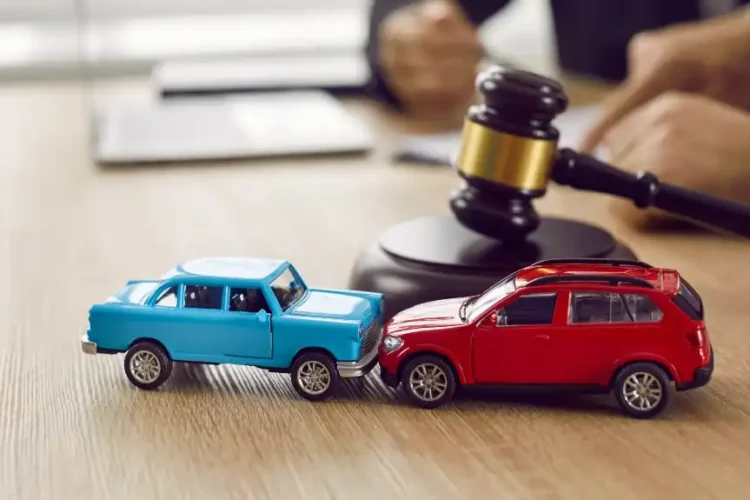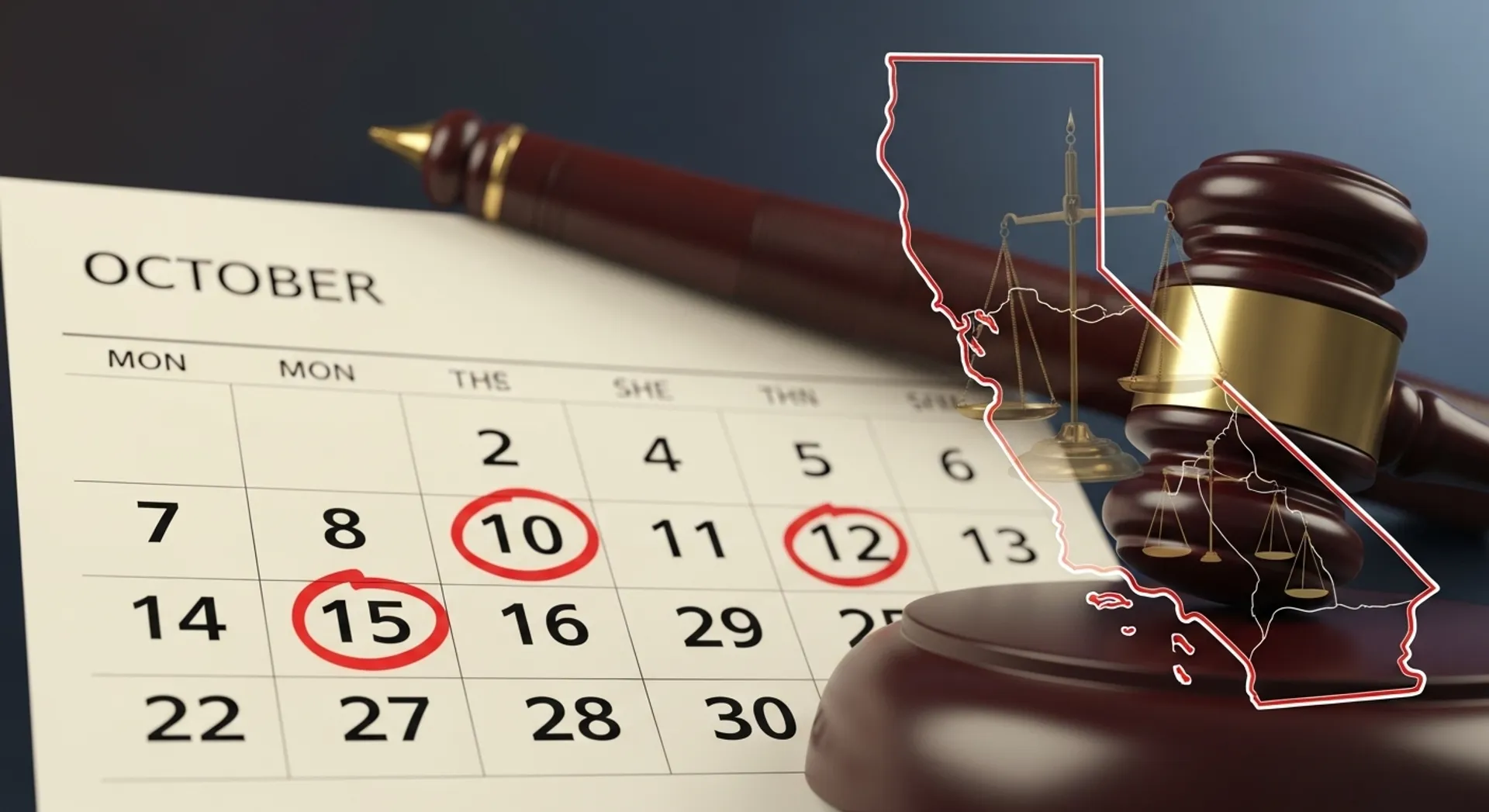
After being involved in a car accident in Riverside, one of the most crucial steps in your recovery process is handling the insurance claims. Insurance companies play a significant role in determining how much compensation you will receive for your injuries, property damage, and other related expenses. However, dealing with insurance companies can be complicated, especially if you are trying to recover from an accident and injuries. In this blog, we’ll discuss how to effectively deal with insurance companies after an accident in Riverside to ensure that your rights are protected and you receive fair compensation.
1. Understand Your Insurance Policy and Coverage
Before dealing with the insurance companies, it’s essential to understand your own insurance policy and coverage. In California, drivers are required to carry liability insurance, but there are various types of coverage that may be included in your policy:
-
Liability Insurance: This covers the damages and injuries you cause to others in an accident.
-
Collision Insurance: This covers damages to your own vehicle, regardless of who is at fault.
-
Comprehensive Insurance: This provides coverage for non-collision damages such as theft, vandalism, or weather-related damage.
-
Uninsured/Underinsured Motorist Coverage: This coverage is essential if the other driver doesn’t have insurance or if their coverage isn’t enough to cover your injuries and damages.
Understanding your own policy helps you know what expenses are covered and how to handle interactions with your insurer and the other driver’s insurer. Review your policy before contacting the insurance company to ensure you’re aware of any coverage limits or exclusions.
2. Report the Accident to Your Insurance Company Immediately
In California, you are required by law to report a car accident to your insurance company. Failing to do so could jeopardize your chances of receiving compensation or benefits under your policy. When you report the accident:
-
Be honest and factual: Provide accurate details about the accident, including the date, time, location, and other parties involved. Stick to the facts and avoid speculating about fault or making statements that could be interpreted as admitting fault.
-
File your claim promptly: Most insurance companies require you to report an accident within a specific time frame, which is usually within 24 hours. Delaying the report could result in a denial of coverage or lower compensation.
-
Provide documentation: Be prepared to submit a copy of the police report, photographs of the scene, medical records, and any other evidence related to the accident.
Timely and honest reporting is key to ensuring that your insurance company processes your claim efficiently and fairly.
3. Don’t Accept the First Offer from the Insurance Company
One of the biggest mistakes people make after an accident is accepting the first settlement offer from the insurance company. Insurance companies are in the business of making money, and their initial offers are often much lower than what you deserve. They may offer a quick settlement to close the case without factoring in the full extent of your injuries and future expenses.
-
Understand the full extent of your injuries: In the days or weeks following an accident, the full scope of your injuries might not be clear. You could experience delayed symptoms or injuries that become more severe over time. It’s crucial to wait until you have a complete understanding of your injuries and medical treatment costs before accepting any settlement.
-
Consult with a personal injury attorney: A personal injury lawyer specializing in car accidents can help you evaluate the offer and determine whether it’s fair. They will consider the full extent of your medical bills, lost wages, pain and suffering, and other damages when assessing the insurance company’s offer.
Remember, the first offer is often negotiable. Don’t be pressured into accepting it before you fully understand your needs.
4. Communicate Carefully with the Other Driver’s Insurance Company
If the other driver is at fault for the accident, their insurance company will likely reach out to you. While it’s important to cooperate with the other driver’s insurer, be cautious about what you say. Insurance adjusters may try to get you to make statements that could be used against you later.
-
Don’t admit fault: Even if you believe you might have been partially at fault, do not admit fault to the other driver’s insurance company. California follows a comparative fault rule, meaning that even if you share some of the blame, you may still be entitled to compensation. Admitting fault can reduce or eliminate your claim.
-
Don’t provide a recorded statement without legal advice: The insurance company may ask you to provide a recorded statement about the accident. While you may feel obligated to comply, it’s advisable to consult with an attorney before giving any statements to the other driver’s insurance company. Anything you say could be used to minimize the payout on your claim.
-
Stick to the facts: If you do speak with the other party’s insurance company, stick to the facts. Avoid speculating on what happened or making statements that could be interpreted as an admission of fault.
5. Document Everything Related to Your Accident
Having detailed records can make all the difference when dealing with insurance companies. Documentation helps substantiate your claim and proves the extent of your injuries, losses, and damages. Be sure to keep:
-
Medical records: Keep all medical records related to your injuries, including hospital visits, treatments, prescriptions, and follow-up appointments.
-
Vehicle damage assessment: Take photos of the damage to your car and obtain repair estimates. If possible, keep receipts for repairs and rental car costs.
-
Witness statements: If there were any witnesses to the accident, get their contact information and a brief statement from them about what they saw.
-
Police reports: Make sure to get a copy of the police report, which will provide an official account of the accident, including details on the involved parties, the scene, and any citations issued.
The more detailed and organized your documentation, the stronger your case will be when negotiating with insurance companies.
6. Know When to Get Legal Help
While many people choose to settle their claims without the help of an attorney, there are situations where it’s essential to seek legal assistance. If you’re dealing with significant injuries, disputes over fault, or low settlement offers, a Riverside accident lawyer can protect your interests and help you get the compensation you deserve.
An experienced attorney can:
-
Negotiate with the insurance companies: Attorneys know the tactics used by insurance adjusters and can negotiate a fair settlement on your behalf.
-
Represent you in court: If your case goes to trial, an attorney can present your case in court and ensure your rights are upheld.
-
Guide you through complex paperwork: Insurance claims can be complicated, with plenty of paperwork to navigate. An attorney can help ensure that all deadlines are met and paperwork is properly filed.
7. Conclusion
Dealing with insurance companies after a car accident in Riverside can be challenging, but by understanding your rights, being cautious in your communications, and documenting everything, you can protect yourself throughout the claims process. Don’t rush into accepting the first settlement offer, and consider consulting with a Riverside accident lawyer to ensure that your best interests are being represented. By taking the right steps and working with a knowledgeable attorney, you can increase your chances of receiving the full compensation you deserve for your injuries and losses.





